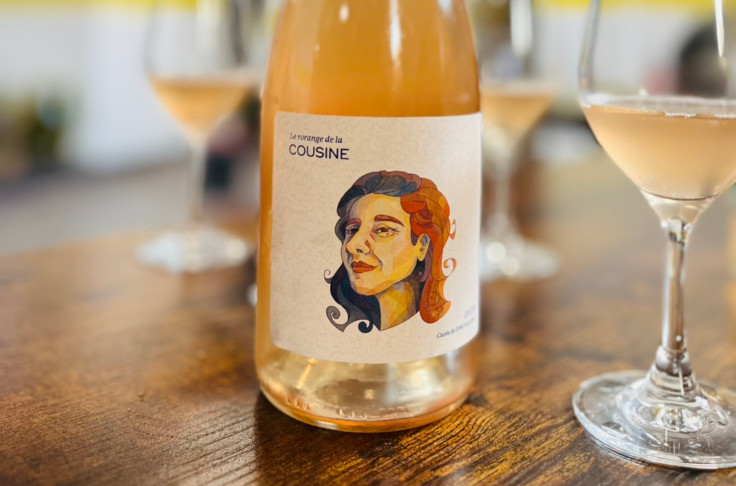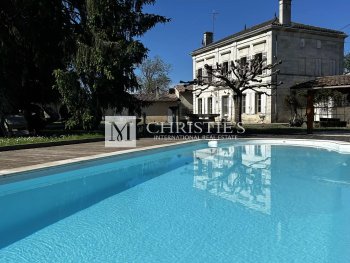Could “rorange” wine “revolutionise” ros├ę?

A wine that will revolutionise ros├ę” is the promise made by ‘Rorange de la Cousine’, which is certainly taking its mission seriously. Although just 2,800 bottles of the wine have been made, it certainly upends the classic conventions of wine. According to Antoine Sfeir, who co-established the Pif ├á Papa urban winery in Paris with his father, it is a “world exclusive. Nobody before has made Rorange wine. We have been making wine for four years from grapes that we buy in and from vineyards that have been on-stream for two years in the Val d’Oise area near Paris, along with fruit produced by other growers in the Ile-de-France region”, adds Sfeir.
To produce this ros├ę and orange wine hybrid, Pif ├á Papa blends Grolleau from Anjou fermented as ros├ę (81%) and Gewurztraminer from Alsace (19%) made as orange wine. Although the Parisian winery claims to be the first to produce this type of wine, which it released last year, it is actually not the only one in its category. At least two other producers, including Languedoc’s Paul Mas with its RosOrange label, had the same idea in 2023.
After testing blends of orange wine with whites, reds and ros├ęs, Antoine Sfeir and his father ultimately opted for the blend with ros├ę, as did their customers. “Ros├ę wine acts as a counterpoint to the bitterness of orange wine, creating refreshing, tangy flavours driven by citrus fruit and rose. We initially introduced the new release in our gift sets and our customers loved it. So we produced more in 2023”, explains Sfeir.
After a four-hour drive from Anjou and seven hours from Alsace, the grapes are fermented separately using their respective winemaking methods in the Paris-based winery. The Grolleau is a direct-to-press ros├ę whilst the Gewurztraminer is a white skin-contact wine that soaks on the skins for eight days. “The logistics and technical aspects are challenging, and the production costs are high”, admits Sfeir.






